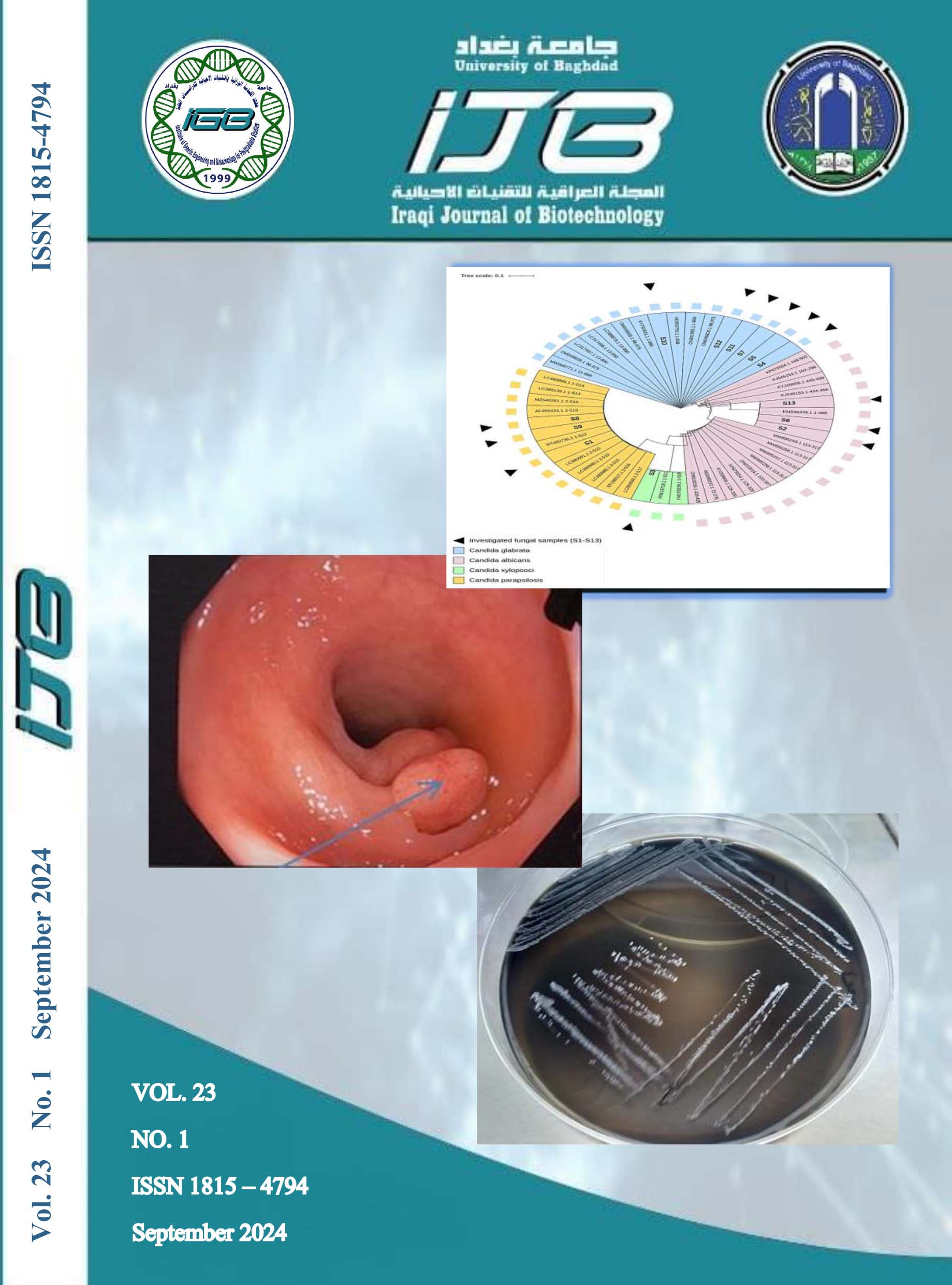The Role of Toll-Like Receptor 4 Gene Polymorphism TLR4 (Thr399Ile) and Expression in Adult Urinary Tract Infections Pathogenesis
Abstract
The first line of protection against microbial illnesses is the immune response. Toll-like receptors (TLRs) are essential for innate immunity, and toll-like receptor 4 (TLR4) is recognized as a key pattern-recognition receptor (PRR) for identifying gram-negative bacteria's lipopolysaccharide (LPS). Numerous TLR genes have been shown to have single nucleotide polymorphisms (SNPs), which may be connected to the susceptibility or resistance to specific infections and other inflammatory diseases. The aim of this study was to determine whether there is a connection between chronic UTI and the TLR4 (Thr399Ile) gene polymorphism and TLR4 expression level. A case-control study was conducted on 52 adults This study uses HRM analysis to look for TLR4 (Thr399Ile) polymorphisms in UTI patients. TLR4 expression in the monocytes of UTI patients and healthy controls was found using real-time PCR. TLR4 (Thr399Ile) genotype and TLR4 (1196) T allele prevalence were higher in UTI patients than in controls, particularly in cases of acute cystitis and urethritis. Compared to healthy controls, chronic UTI patients had considerably greater levels of TLR4 expression. The results of the current study, show the presence of a correlation between the genotypes of the TLR4 gene and the incidence of development of Urinary Tract Infection, as the results showed the significant difference between patients and healthy controls when the genotype Heterozygous (Thr / Ile) with (OR= 0.638), while the genotype Homozygous (Ile / Ile) showed no significant difference between the patients and control group with (OR= 1: Reference). TLR4 C/T (Toll-like receptor-4 gene polymorphism). The results of gene expression of TLR4 revealed that this receptor was increased among UTI (3.50 ±0.41 fold) infected Patient. (1.20 ±0.07 fold) in comparison with the healthy control. The findings showed a connection between adult UTI, particularly severe cystitis and urethritis, and the TLR4 (Thr399Ile) allele carrier status. Chronic UTI and TLR4 expression levels are linked.


